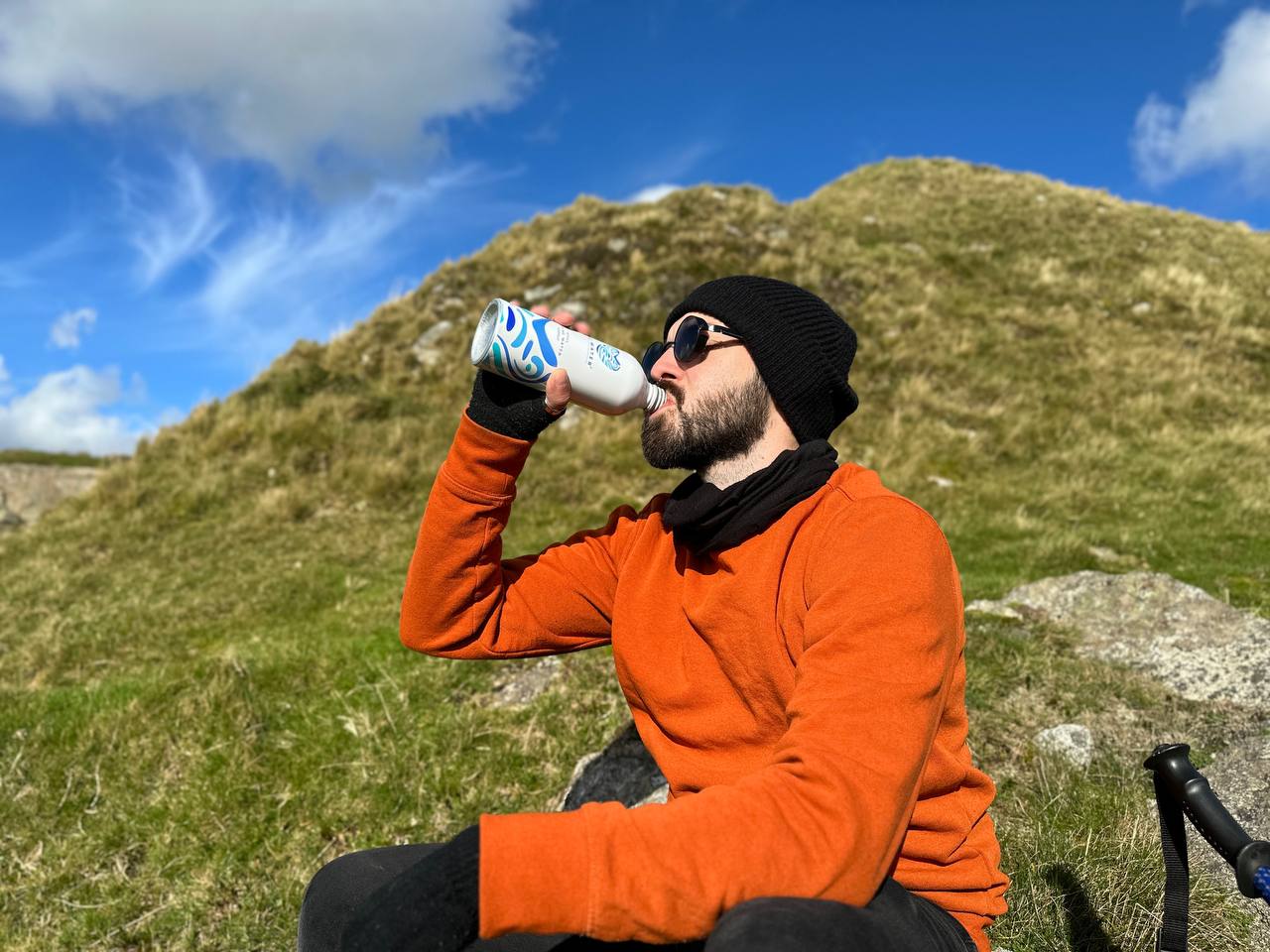Something I have stuck in my head and frustrates me, was from years ago news media talking about PTSD in regards to civilians. The conversation felt very dismissive as if it was not possible to suffer from PTSD unless they fought in a war.
recently I was diagnosed with CPTSD due to a horrific home life growing up. Anyway all this has compounded to were I feel like an outsider.
I know cptsd is somewhat common and I’m wondering if anyone remembers this narrative in the news, and if anyone with PTSD/CPTSD has felt similarly?
Not really. I didn’t consume that much news to begin with.
r/cptsd@reddit.com and their recommended books really opened my eyes.
I didn’t really get the official diagnosis and now I can’t be bothered to get one.
I was on r/cptsd for awhile, I found the discord to be very useful
Historically speaking PTSD in solders was treated as weakness and cowardice, and people were executed for it as a result. source
I feel like the narrative that only combat related trauma can cause “real” PTSD is one that I experienced as well, and it’s kept me from considering the effects that the constant violence in my upbringing caused until fairly recently in my life.
But it’s strange because searching for evidence of the narrative turns up lots of sites that are countering the narrative. But not much that shows how we got to the narrative in the first place.
Given that shell shock article I can imagine how accepting PTSD in combat situations but not other typed of trauma could be a stepping stone for some people to accepting that they might, themselves, need or benefit from therapy. But that’s just a guess.
Fellow CPTSD person here. Yes, it is in fact common in CPTSD treatment to start with validation that it doesn’t have to be combat to be PTSD. Anything that makes you powerless can cause PTSD and if it is sustained or pervasive it becomes more likely to be Complex PTSD.
CPTSD is not that common: some people within psychology don’t even agree that it’s a distinct diagnosis.
I’ve had PTSD since I was 10 due to a violent, childhood trauma. My abuser was a parent, and I couldn’t leave. I felt horrible fear daily, struggled to sleep for many years, and have lasting issues that I’m actively working against. Eventually, a therapist told me she believed I had CPTSD, so I spent time researching and learning about it. I was surprised it was a divisive subject (2019).
I don’t think adding the C does much. I’m not sure if the distinct diagnosis helps. Sometimes, it feels like people add the C to try and validate what they went through as harsher or warranting special care. Pain is pain, and I don’t like comparing pain in that way. Whether it’s one horrible incident, repeated incidents, or a pervasive atmosphere, everyone’s pain in their journey is valid.
BPD is another diagnosis that often gets used or combined with PTSD. In my experience, people suffering from BPD have a specific vibe that’s hard to describe (sorta like wanting relationships but often assuming poorly of others, due to trauma or imbalances). I was diagnosed with BPD at one point, but that didn’t hold water as I sought help.
Anyway…I guess I’m disappointed that it sometimes feels like people are collecting disorders or heightening them for clout or focus without understanding how that can devalue the meaning of the words. Whether you have PTSD, CPTSD, or BPD, it’s not Pokémon. Everyone’s experience is going to be unique, and classifying is there to help you identify treatment or communicate quickly with other humans. But, I don’t like when those classifications are used poorly either.
I have anxiety not PTSD. I used to think people with anxiety are just people who are wimpy and attention seeking. Until it happened to me. Full on irrational fear absolutely broke me. It’s something I worry about every day.
I know it’s not the same as what you are going through. But PM me if you want. Talking about it helps.
I honestly thought the same of mental health in general, but being diagnosed put a lot in prospective.
Like wise always happy to talk



